Remembering the Forgotten War: Reflections on the 60th Anniversary of the Korean War armistice, July 27, 2013
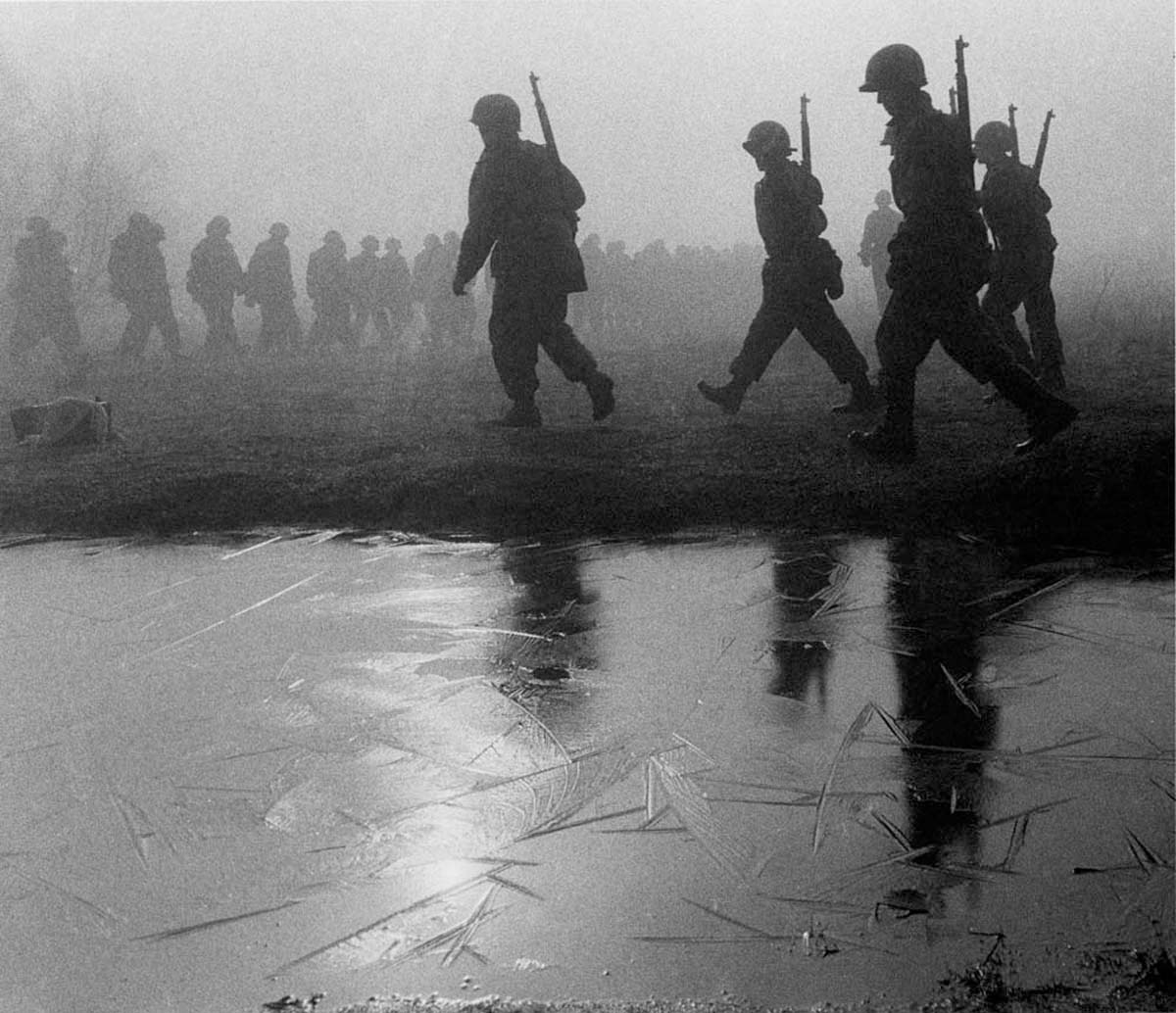
Tomorrow President Obama and Secretary of Defense Chuck Hagel will head to the Korean War Veterans Memorial on the National Mall to commemorate the 60th anniversary of the armistice agreement that ended the three year Korean War. As a veteran of that war, I am glad that the nearly 37,000 U.S. troops who lost their lives will be remembered. They deserve it. I’m hoping that the 2.5 million on all sides – combatants and civilians alike — who died will also be remembered.
And, I’m certain that the true horrors of that war will not be mentioned – the massacres perpetrated by both sides, the mass starvation of civilians and the tearing apart of thousands of Korean families. Commemorations are generally a time to pay tribute to those who sacrified (as they should be), but also to bolster the national narrative on patriotrism and the moral rightness of our particular side.
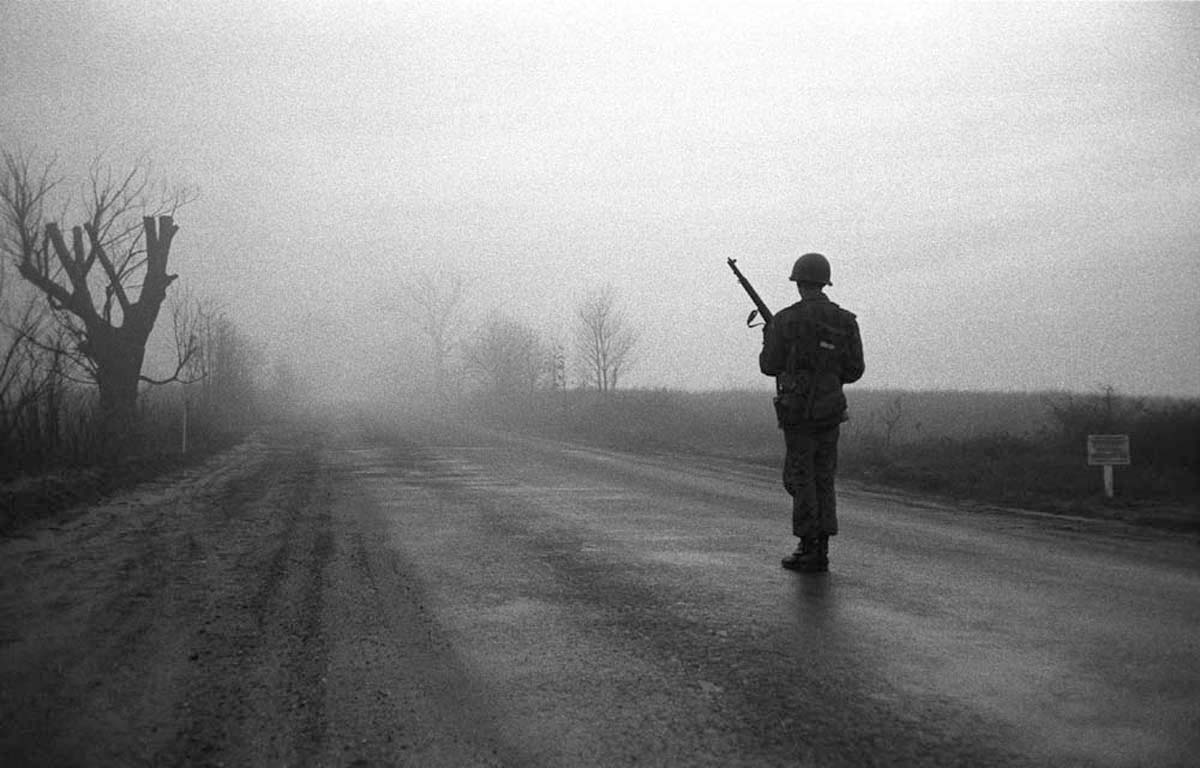
For those seeking a more honest analysis of the Korean war’s impact and consequences, I recommend an article in this week’s Atlantic written by former marine, president-emeritus and history professor at Dartmouth College, James Wright, entitled “What we learned in the Korean War: Sixty years after signing of a truce, its clear that this conflict set the pattern for multiple American wars to come”. In it he shows how the Korean War was a template for the many other wars that have followed in the past 63 years, including our current engagement in Afghanistan.
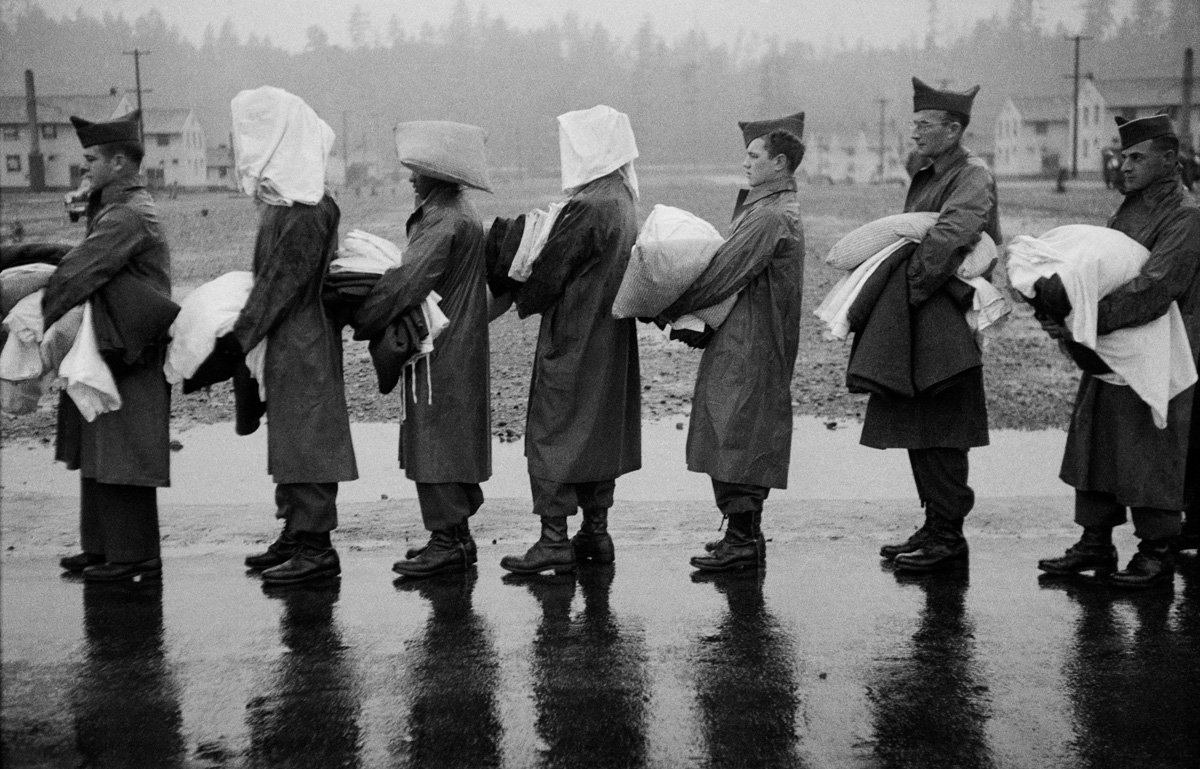
I was 21 in 1952 when I got called up to go to war. I had recently been married. I remember being in a room at Camp Kilmer with hundreds of other young men around my age, stripping down for the physical, walking through the inoculation “assembly line” and then getting transported to Fort Dix for sixteen weeks of basic training before being shipped to Korea.
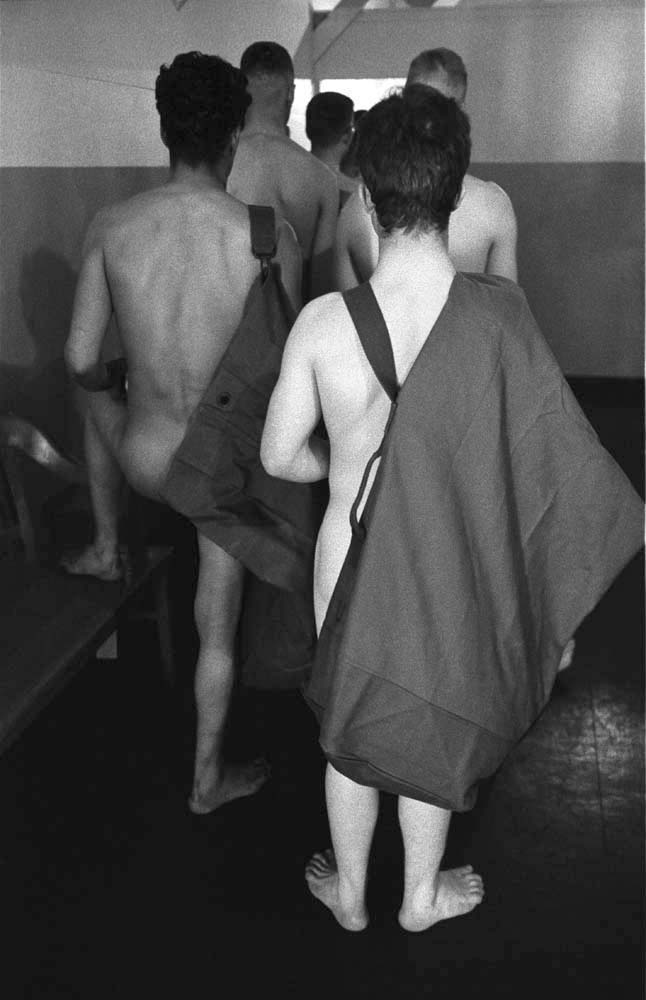
Good luck continued to follow me once I got to Korea. I was sent to the front lines, but before too many months passed, I suffered a non-combat related injury that sent me back to Pusan and then on to a hospital in Kyoto. Upon returning from Kyoto, I had been re-assigned as a sign painter and illustrator at Army headquarters and was able to live out the remaining days of the war away from the bloody action on the front lines. Most others in my company were not so lucky.
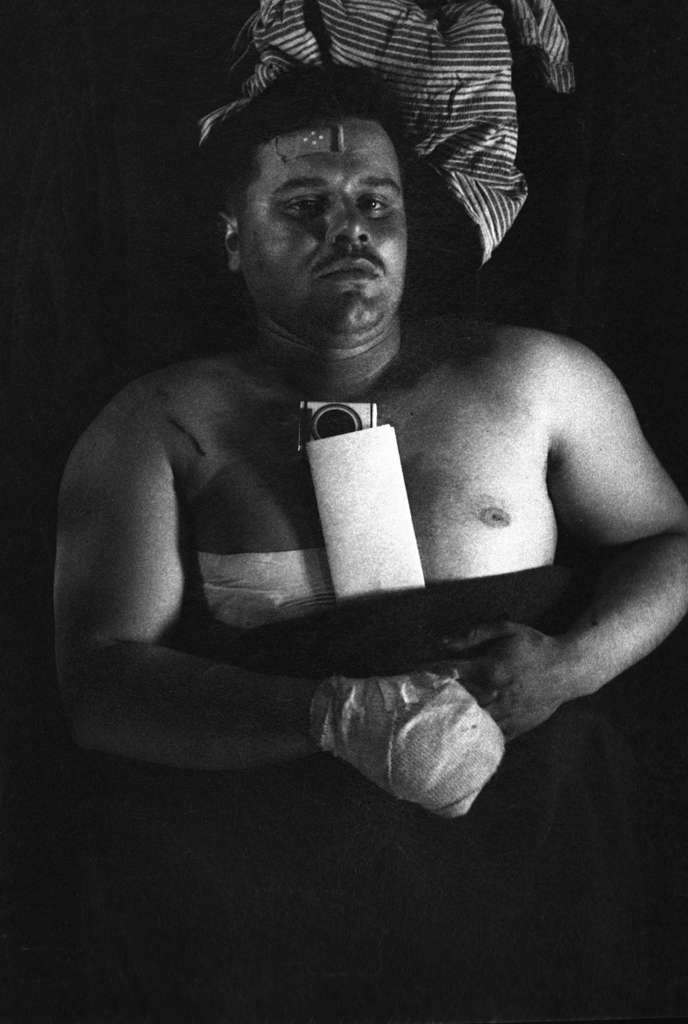
As I look at these photographs now I see again through the eyes of a 21 year old from Coney Island, fresh off the boardwalk and thrown into a situation with my peers who could’ve been at Coney Island with me riding the cyclone or flirting with their girlfriend under the boardwalk, or cruising around town on a Saturday night. No one could have prepared us for the hell of war, and that’s as true now as it was then. But in spite of it all, we gravitated toward the one thing we all shared – being a bunch of young men, wanting to be home with the people we loved, and seeking the comraderie and comfort of each other to fend off the anxiety of going to war. I wish I knew what happened to the guys in these photos. While I was lucky to be pulled back to safety I know so many of them weren’t. James Wright speaks of them in his piece:
“On June 27, some veterans of the Korean War and their survivors will gather at the Korean War Veterans Memorial on the Mall. This is a powerful memorial that every American needs to visit. And it is a memorial that lacks a record of the names of the 36,574 Americans who died in Korea.
The veterans of the Korean War want those comrades they still mourn to be recorded as individuals who served and who sacrificed when their nation asked them to. Retired U.S. Army Colonel William Weber, the Chair of the Korean War Veterans Memorial Foundation, possesses three Purple Hearts and two prosthetic limbs from his service in Korea. He recently wrote to Speaker John Boehner, “The surviving comrades of the 36,000+ fallen have been ravaged by time and illness and their numbers dwindle, but they cry out in their last plea to their countrymen and the Congress to honor their fallen comrades by recording their names for posterity.”
Here are a few of their faces. I only wish I had their names. I’m grateful for their comradeship in a difficult time.
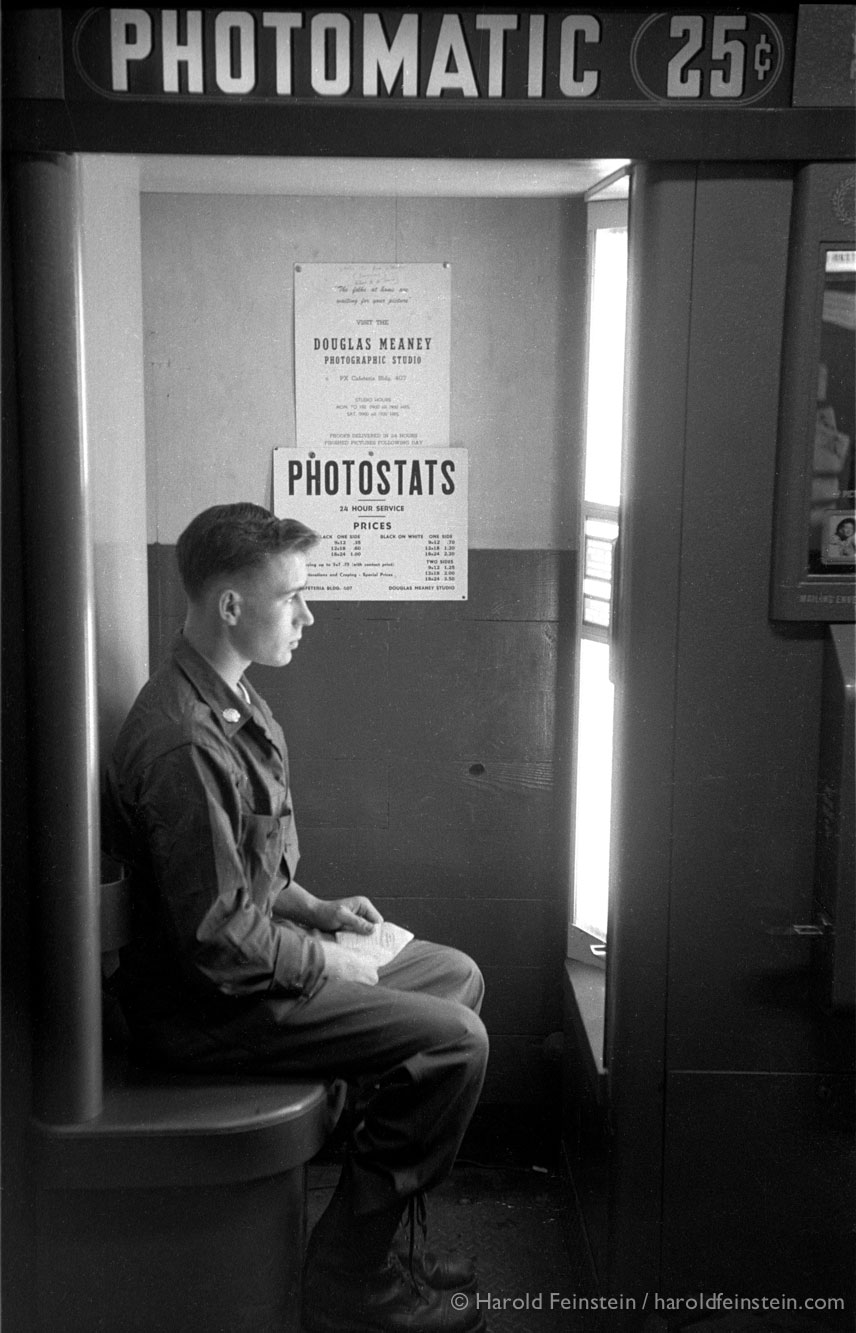
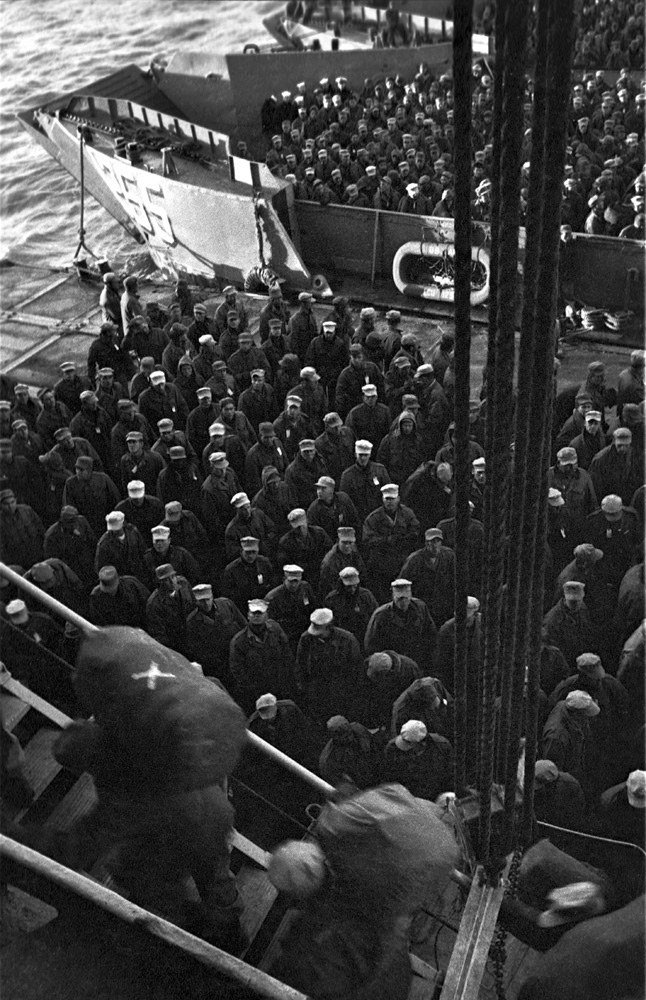
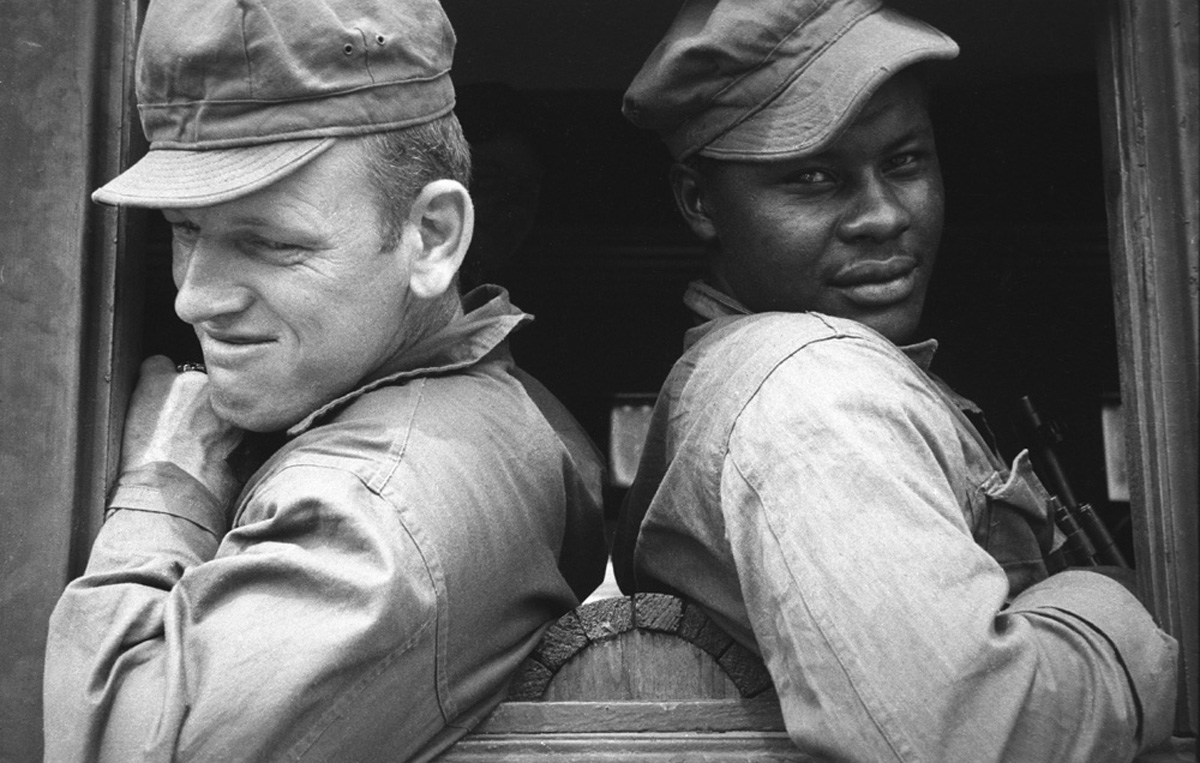
Under Executive Order 9981, Truman integrated the Armed Forces for the first time
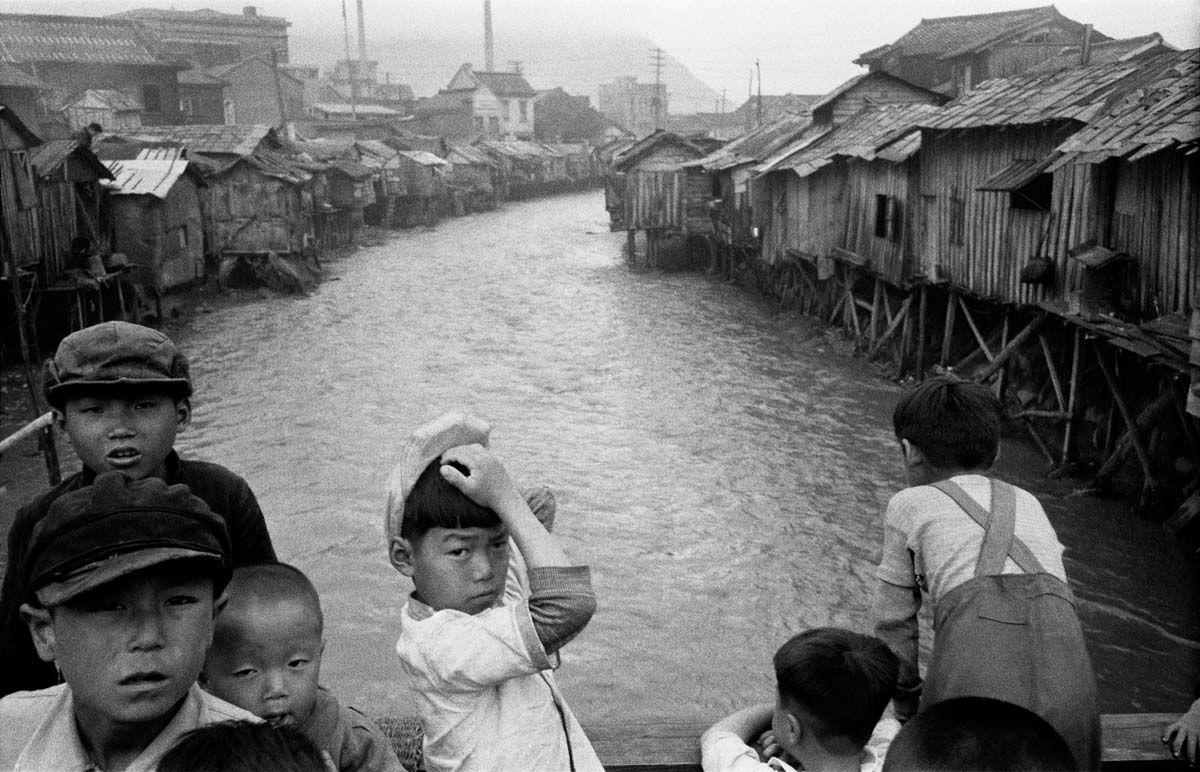
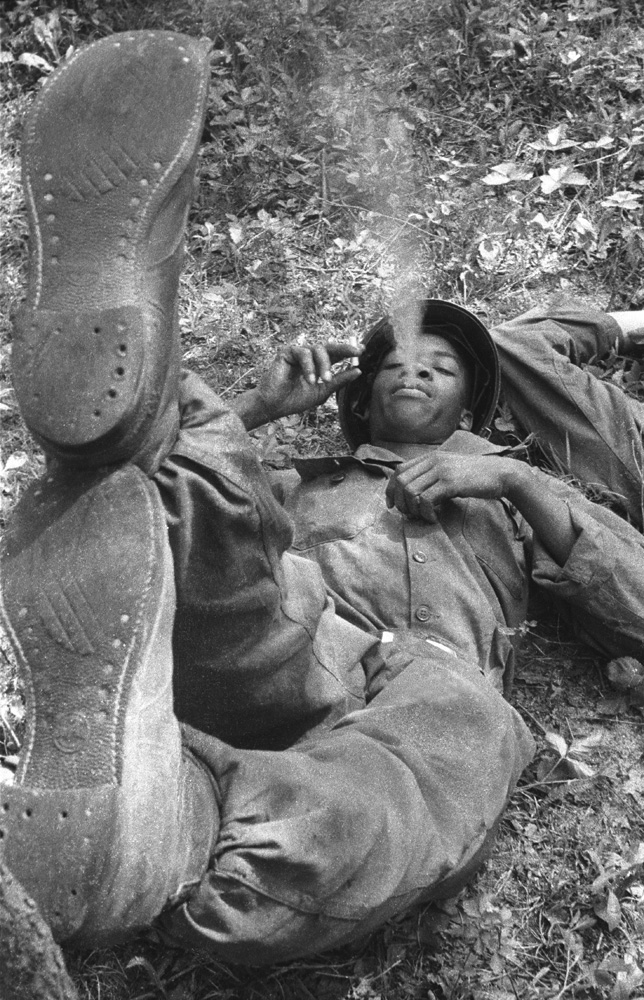
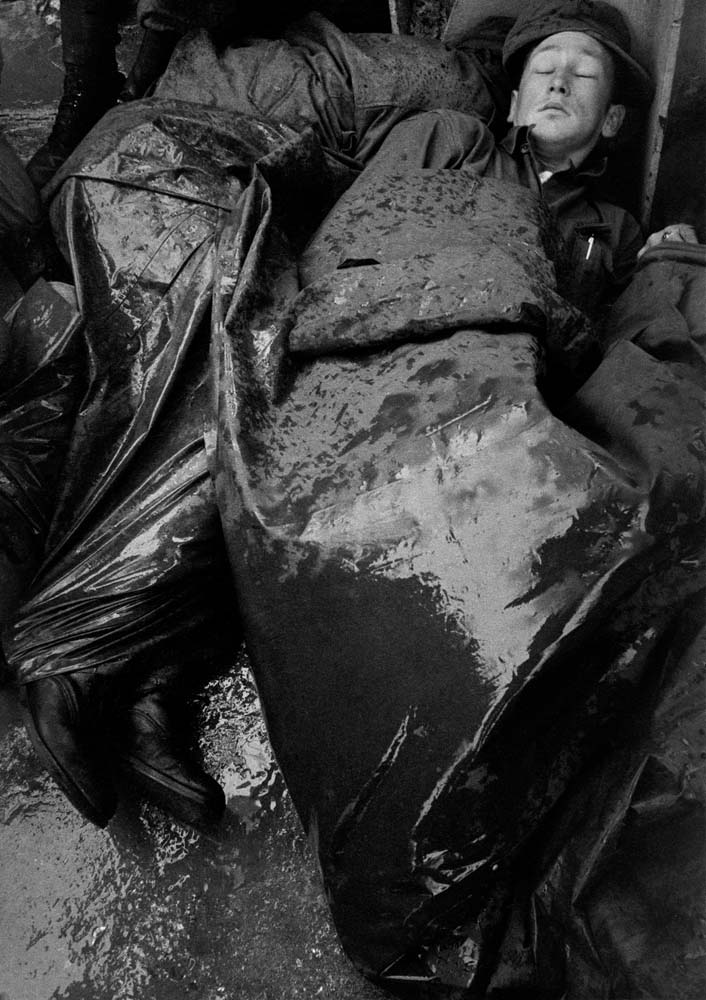
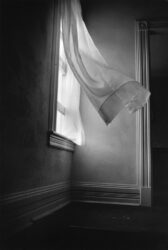
A poignant remembrance…with images to match. It’s important to be mindful of the past, so hopefully we may make better choices for the present and future. Thank you, Harold, once again, for your thoughtfulness.